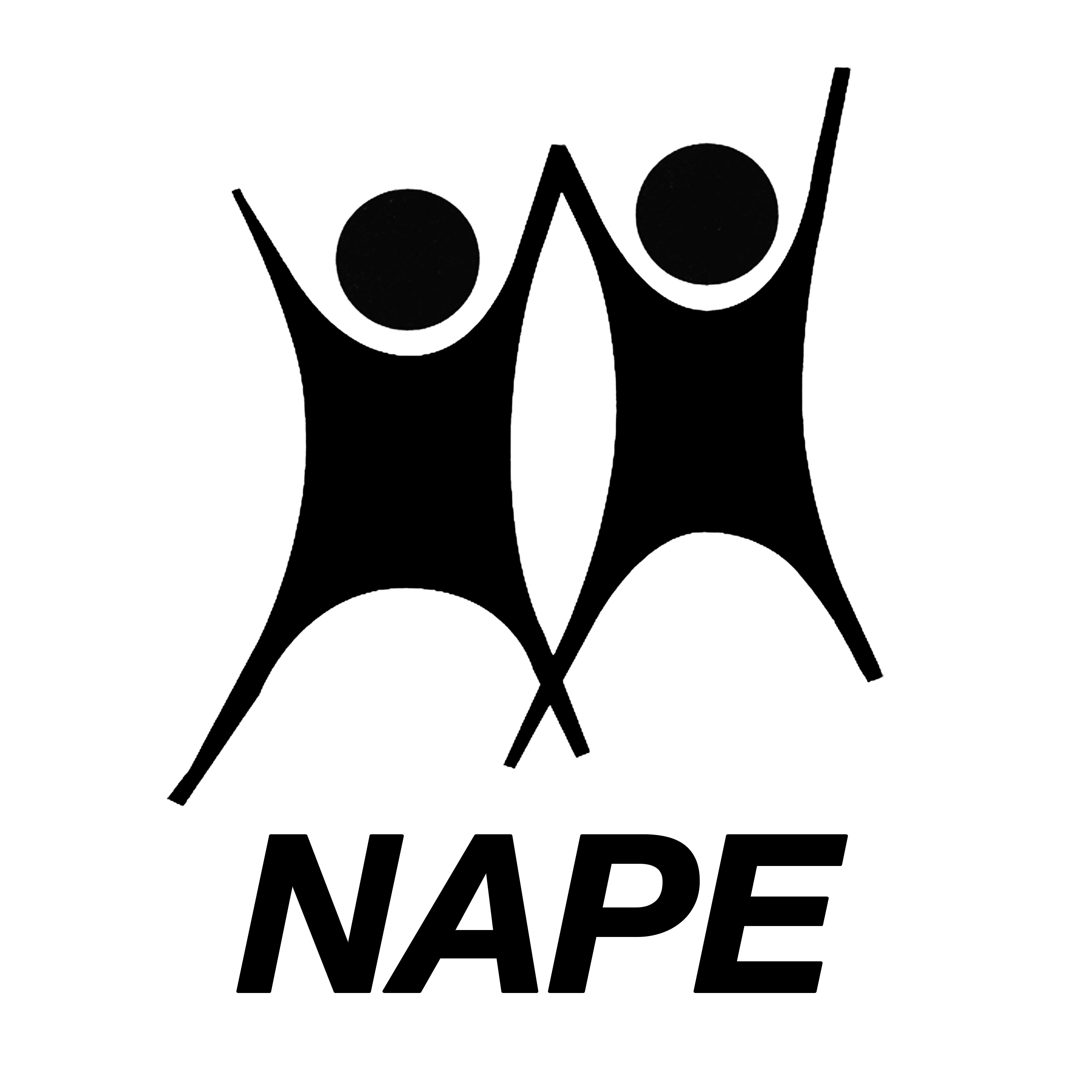Christian Schiller Lecture 2021 with Dr. Tony Eaude - NAPE 065
Towards a balanced and broadly-based curriculum was the theme of the National Association for Primary Education conference in March 2021. The keynote lecture was given by Dr. Tony Eaude.He suggested four main arguments for a balanced and broadly-based primary curriculum: that the law states that schools must offer this (as it does) and that Ofsted expect this (at least from 7 years old); one based on how children create coherent, robust and flexible identities, enhancing their well-being and founded on a sense of agency; one based on a conception of democratic citizenship in which children are increasingly enabled to deal with complex ideas right from the start; and a social justice one that such a curriculum will open up opportunities from which many children, especially those from disadvantaged backgrounds, will otherwise be excluded.Schiller was an inspector in Liverpool in the 1920s, a role very different from that of inspectors now – more to advise and encourage than to evaluate. Schiller’s concern at the desperate squalor and poverty which he witnessed there - his humanity – and the narrow and inappropriate curriculum on offer comes through very strongly in what he said and wrote (Schiller, 1979). His main concern was for children’s basic needs to be met, in terms of being properly fed, clothed and cared-for but he also believed passionately that children in the elementary schools he saw should have a broader, richer and more suitable range of experiences - with his emphasis being on physical activity and the arts. While Schiller 2 went on to work in other roles, supporting primary headteachers and teachers, this early experience was formative and remained with him for the next fifty years or so.In his lecture Tony suggests that the humanities should be seen fluidly as including history, geography, religion, philosophy, literature, languages and culture, more generally; and fulfil a central role in how children construct and weave together their multiple identities into a coherent identity. The Humanities 20:20 manifesto (www.humanities2020.org.uk) summarizes why the humanities matter, arguing that they enable children to: 1. consider questions about the meaning and purpose of their lives; 2. explore their own identities, values and beliefs and concepts such as time, space and faith; 3. develop skills and habits associated with critical and creative thinking; 4. extend their cultural and imaginative horizons; 5. learn to empathise with people who are different, as well as those who are similar, thereby celebrating diversity and challenging stereotypes; 6. learn about democracy, global citizenship and sustainability; 7. strengthen a sense of care for themselves, each other and the planet in line with the UN Sustainable Development Goals.To find out more please visit Dr. Tony Eaude's website https://edperspectives.org.uk/More information about NAPE is available at https://nape.org.uk/Other interviews between Dr. Tony Eaude and Mark Taylor can be found at:https://www.educationonfire.com/education-on-fire/066-re-humanising-primary-education-dr-tony-eaude/https://www.educationonfire.com/national-association-for-primary-education/nape033/
 Sign in
Sign in Sign in
Sign in Sign in
Sign in

















































